Top 4 Secure Methods for Hard Drive Destruction
Updated April 2025
In today’s digital world, simply deleting files from your hard drive isn’t enough. Sensitive information, even after being deleted, can still be recovered using advanced software. If you’re disposing of old computers or upgrading systems in your home or business, it’s crucial to ensure that your hard drive data is completely and irreversibly destroyed.
Whether you're a small business owner, a healthcare provider handling patient records, or an individual looking to protect personal data, secure hard drive destruction is a must. In Canada, protecting data also means staying compliant with privacy laws such as PIPEDA (Personal Information Protection and Electronic Documents Act).
So, how can you be sure your hard drive data is safely and permanently destroyed?
Here are the top four methods of hard drive destruction used across Canada, along with their pros, cons, and best-use scenarios.
1. Overwriting or Data Wiping (Disk-Wiping Software)
One of the most commonly used methods for erasing hard drive data is overwriting, also known as disk wiping. This process involves using specialized software to write over every sector of your hard drive with random sequences of ones and zeros. The goal is to render the original data unrecoverable.
Pros:
Cost-effective, especially for individuals or small businesses
Can be done in-house with the right tools
Environmentally friendly
Cons:
Time-consuming, especially for large drives
Doesn’t physically destroy the drive, which may be a requirement in some industries
Must be performed by someone knowledgeable to ensure completeness
Best For: Situations where the drive will be reused or recycled and physical destruction is not required. For businesses in Canada, make sure the software used meets government data sanitization standards (such as RCMP TBS standards).
2. Degaussing (Magnetic Data Erasure)
Degaussing involves using powerful magnets to disrupt and destroy the magnetic field of a hard drive. This process renders the data unreadable and effectively erases all stored information.
Pros:
Quick and efficient
Permanent erasure of data from magnetic storage devices
Ideal for high-volume destruction needs
Cons:
Only works on magnetic storage devices (not solid-state drives or SSDs)
Equipment is expensive and must meet specific power thresholds
Degaussed drives are typically unusable afterward
Best For: Organizations with bulk data destruction needs, such as healthcare, financial institutions, or government agencies. In Canada, ensure your degaussing equipment complies with the Communications Security Establishment (CSE) guidelines.
3. Shredding (Physical Destruction)
Hard drive shredding is one of the most effective and widely used methods of secure data destruction. This involves placing the drive into an industrial shredder that breaks it down into small metal fragments. The shredded pieces make data recovery impossible.
Pros:
Fast and secure
Complies with Canadian data destruction regulations
Can destroy other electronics, including phones, tablets, and laptops
Cons:
Requires professional equipment or services
Drives are completely unusable afterward
Best For: Businesses and individuals who want 100% assurance that their data is permanently destroyed. Shredding is especially popular for end-of-life IT asset disposal. In Canada, certified shredding companies like Merlin Shredding provide on-site and off-site destruction, with documentation such as a Certificate of Destruction for compliance and peace of mind.
4. Disintegration (Advanced Mechanical Destruction)
Disintegration takes the shredding process a step further. This method uses high-powered mechanical devices to cut hard drives into microscopic particles. The result is even smaller than with traditional shredding and is often used in top-security environments.
Pros:
Maximum security – ideal for classified or sensitive information
Very small particle size makes data recovery impossible
Meets strict security standards for government and military data destruction
Cons:
Higher cost compared to other methods
Equipment is specialized and typically used by professional destruction companies
Best For: Canadian organizations with strict security protocols such as law enforcement, defense contractors, or medical facilities storing sensitive health data.
Why Secure Hard Drive Destruction Matters in Canada
In Canada, data privacy is regulated by laws like PIPEDA, and various provinces have additional data protection legislation. Organizations that fail to properly dispose of old hard drives risk data breaches, legal liability, and significant fines.
Whether you’re a business handling customer data or an individual protecting your personal identity, ensuring that your hard drive is properly destroyed is critical.
How Merlin Shredding Ensures Complete Hard Drive Destruction
At Merlin Shredding, we understand that data security is non-negotiable. That’s why we provide:
Certified hard drive shredding services across Canada
On-site destruction for complete transparency
Chain-of-custody documentation
A Certificate of Destruction for every job
Ongoing security training for our employees
Our industrial shredders are capable of destroying hard drives, solid-state drives, mobile devices, and other forms of digital media. We follow all Canadian data protection standards and ensure that your data is completely unrecoverable.
Final Thoughts
When it comes to safely destroying hard drives in Canada, there is no one-size-fits-all solution. The right method depends on the type of data, volume of devices, and level of security required. Whether you're overwriting, degaussing, shredding, or disintegrating your hard drives, the key is to work with a trusted provider who understands Canadian privacy laws and can guarantee complete data destruction.
If you’re ready to securely dispose of your hard drives, contact Merlin Shredding today for a free quote or to schedule service.

